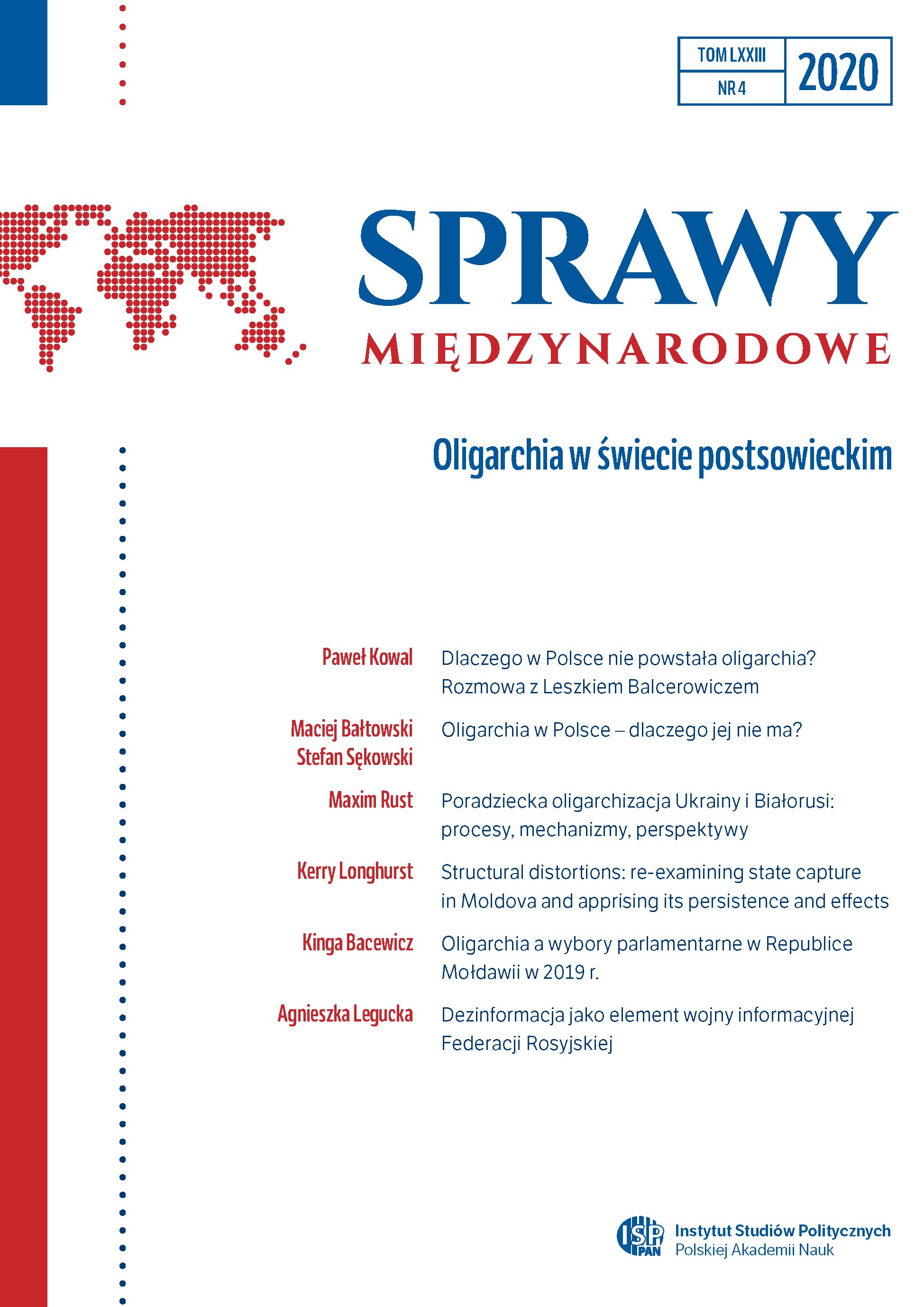Kierunki rozwoju globalnego klastra technologii i innowacji Greater Bay Area w Chinach – stan i perspektywy
Directions for developing the global technology and innovation cluster Greater Bay Area in China: the current state and prospects
Author(s): Ewa RadomskaSubject(s): Politics / Political Sciences, Politics, Economy, Supranational / Global Economy, Socio-Economic Research
Published by: Instytut Studiów Politycznych PAN
Keywords: cluster; innovativeness; competitiveness; development; Greater Bay Area; China
Summary/Abstract: The purpose of this article is to describe the main directions for developing the global technology and innovation cluster Greater Bay Area (GBA) in China. Strengthening productivity and enhancing innovation have become focal points of the country’s next phase of economic growth. Under the conditions of the depleting traditional sources of growth and economic development in China, the initiatives aimed at the development of cluster structures play an important role in improving competitiveness, innovation and innovativeness of the economy. Among them, attention should be paid to the ambitious project to connect the major cities from the southern coast of China with Hong Kong and Macau into a cluster to provide an integrated economic and business centre of modern China. The main research question is: What are the opportunities and challenges in making the cluster concept at the initial stage of development a reality? A descriptive, comparative and analytical method has been used. The analysis has led to a few main conclusions. The GBA cluster has a great development potential. Creating a fully integrated region under the conditions of a collision between different legal, administrative systems and currency and business practices is a challenge. In order for a cluster to grow, it is essential to strengthen regional cooperation and to continue efforts to eliminate institutional and legal barriers in the region, to introduce incentives to encourage the establishment and development of cooperation between cluster participants, to provide reliable information and data on changes in the legal sphere and economic forecasts, and to create high quality local relationships to build and strengthen mutual partnership and trust.
Journal: Sprawy Międzynarodowe
- Issue Year: 73/2020
- Issue No: 4
- Page Range: 253-278
- Page Count: 26
- Language: Polish

